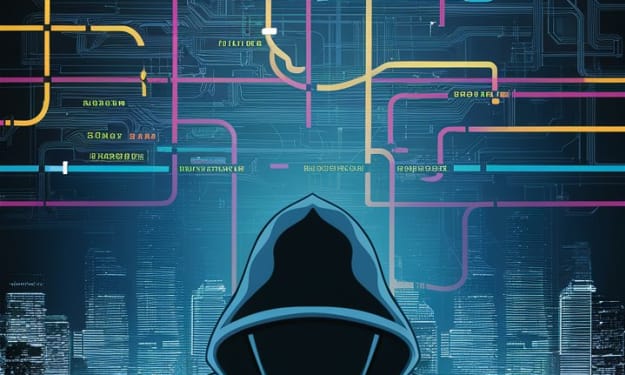Socialization and Critical Thinking
Critical thinking and the role of socialization

Critical Thinking and the Role of Socialization
Part1
“Thinking is a conscious mental process performed to solve a problem, make a decision, or gain understanding” (Ruggiero, 2012, p. 19). One category of thinking is critical thinking; “the process by which we test claims and arguments and determine which have merit and which do not” (Ruggiero, 2012, p. 19). In other words, critical thinking does not rely on feelings in lieu of involving sound reasoning and evaluation that leads to a valid conclusion. The role of socialization is to assist in shaping how individuals think in a manner that is accepted by society as logically sound reasoning.
In fact, if I am to critically think out a given situation, then I must investigate it by gathering evidence, interpret the evidence and draw a conclusion that is logical, valid and sound (Ruggiero, 2012, p. 24). For example if I am on a ‘quest’ to find out if a tsunami will hit Jamaica within the next 24 hours, then my research involves asking ‘probing questions’ like, “ Was there an earthquake within the vicinity of Jamaica that might have triggered such a warning?”
On the other hand, socialization alters the way people think and behave; such processes are governed and shaped by culture and social norms. For example, to reason that an object such as a stone or an animal such as a cow can be worshiped or is said to be sacred according to a particular religion or culture, then clearly that rationalization and behavior is accepted as a social norm within that particular culture. Also, if someone was politically socialized to perceive a political party as having the best political ideas then there should be valid reasons to support one's opinion. Here is where critical thinking plays a role. The reasons to support your ideas are classified as good because it is based on truth and moral principles. A good political argument is achieved when the premises result in a truthful conclusion.
To conclude, various social backgrounds do influence or contribute towards how we perceive, think and behave. Yet are these theories logically sound? Is the “evolution theory” in fact derived from a social norm that justifies a critical analysis that can be argued as an objective standard or is it a fallacy?
References
Ruggiero, R. P. (2012). BEYOND FEELINGS: A Guide to Critical Thinking (9th ed., p. 344). New
Part 2
Theorist, Charles Dwain coined his “evolution theory” arguing that creation evolves through a process called natural selection and so with the omission of a creator, man evolved from monkey. Mike Riddle, President of the Creation Training Initiative explains how critically thinking skills can be used to disarm evolutionist.
Despite socializing or being a part of a social culture that values and beliefs supports the theory of evolution, one can critically evaluate if the theory is based on facts by conducting a scientific research, thus testing for “observable evidence for evolution that does not require the use of faith to support one’s claim” (Riddle, 2017). “One must critically think by focusing on analyzing the statements that supports the theory of evolution by asking ‘probing questions’ such as: How do you know it’s true? Has it ever been observed? Are you making any assumptions?” (Riddle, 2017). For example, according to evolution theory living things have evolved sensory systems that are adapted to their specific environments and needs, and some can create pictures with sound. Can this be literally proven through scientific observation? Is this a truthful fact? Are such arguments valid and sound?
So, millions of years ago our ancestors who adapted to a primitive socialization perceived the earth to be flat. Now, with all the advance technology and scientific evidence, society can now critically evaluate such fallacy and conclude that the earth is indeed a sphere. Hence, take the same approach to concluding a sound argument that proves that the evolution theory is indeed a fallacy. Critical thinkers don’t say, “I think”, rather they say, “I know.”
References
Riddle, M. [Apologetics Forum of Snohomish County]. (2017, May 19). Critical Thinking
Skills That Disarm Evolutionists – Mike Riddle [Video file]. Retrieved from https://www.youtube.com/watch?v=4gxVnCsaLwY
Discourse by Sherida Levy (©) 2024 Start writing...gb
About the Creator
Enjoyed the story? Support the Creator.
Subscribe for free to receive all their stories in your feed. You could also pledge your support or give them a one-off tip, letting them know you appreciate their work.





Comments
There are no comments for this story
Be the first to respond and start the conversation.